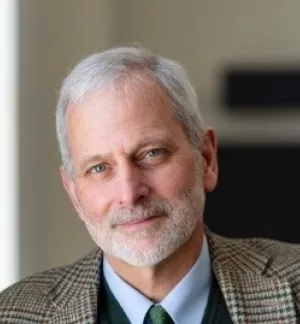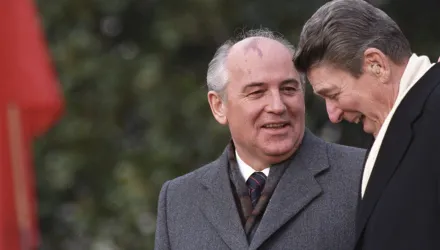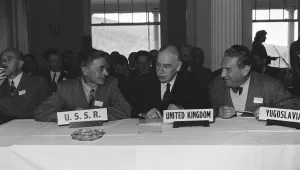International Security is America's leading peer-reviewed journal of security affairs.
Overview
Did new thinking and new ideas end the Cold War? Or were Soviet policymakers mainly influenced by material considerations? Many scholars claim that ideas played a decisive role. Stephen Brooks and William Wohlforth of Dartmouth College marshal evidence from recently released sources to argue that shifting material pressures resulting from changes in the structure of global production had a much greater influence on Soviet foreign policy in the 1980s than previously thought. Ideational factors, they contend, were endogenous to these shifting material conditions and, as such, do not explain Soviet retrenchment and eventual engagement with the West in the 1980s.
Brooks, Stephen G. and William Wohlforth. “Power, Globalization, and the End of the Cold War: Reevaluating a Landmark Case for Ideas.” Winter 2000/01





